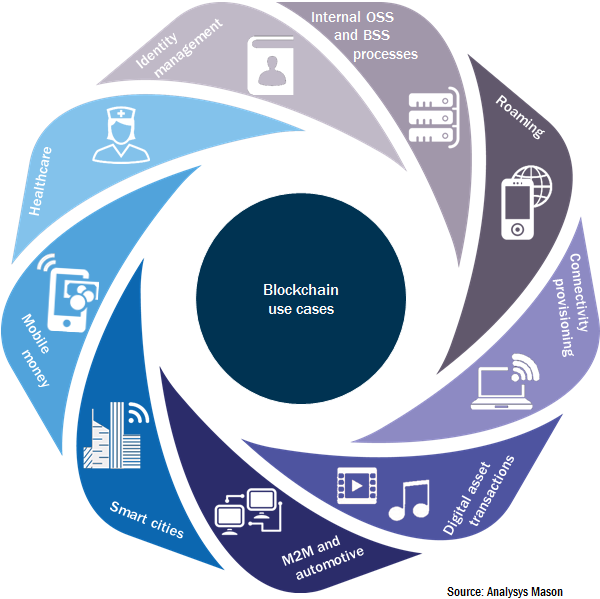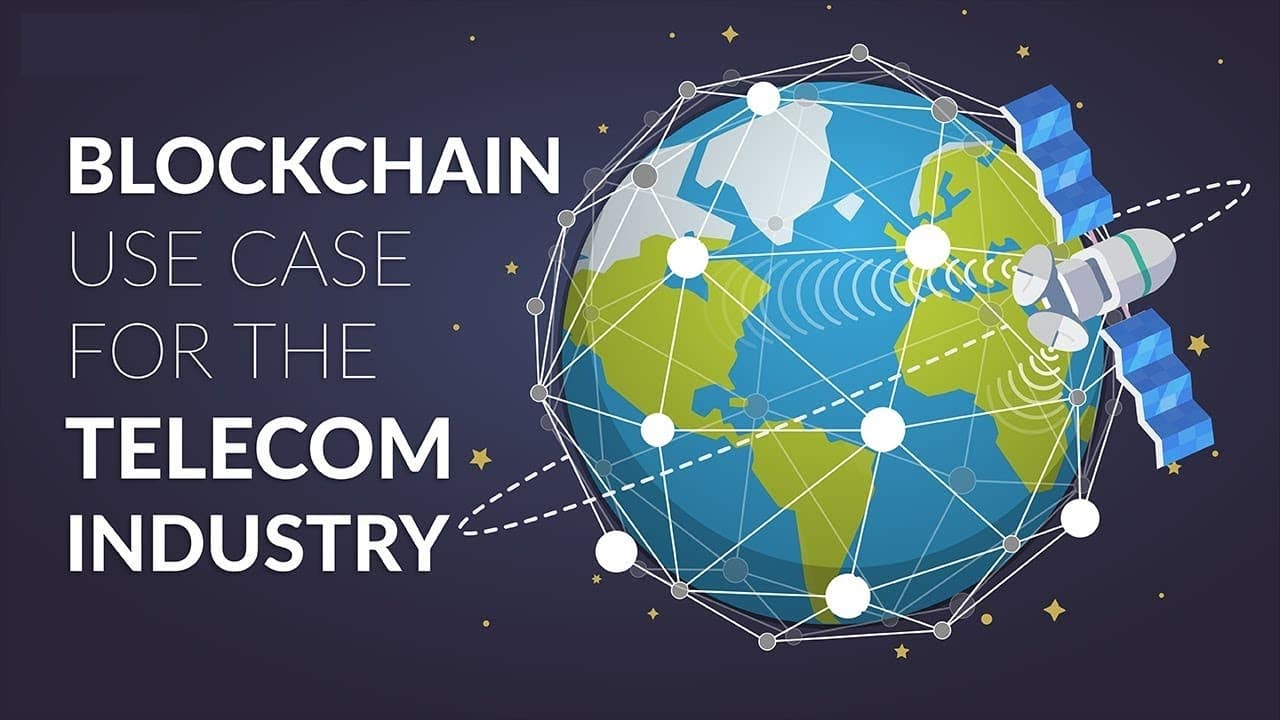The Impact Of Blockchain On The Telecommunications Industry
The telecommunications industry is undergoing a major transformation, driven by the rise of new technologies like blockchain. This innovative technology is disrupting traditional business models and creating new opportunities for both telecom operators and consumers. From enhancing security and privacy to enabling new services and business models, blockchain’s impact on the industry is profound and multifaceted.

Introduction

Blockchain technology, initially known for its role in cryptocurrencies, is a decentralized ledger that records transactions in a secure and transparent manner. It offers a unique combination of features, including immutability, transparency, and security, which are highly relevant to the challenges faced by the telecommunications industry.
The traditional telecommunications landscape is characterized by complex infrastructure, centralized control, and often opaque billing processes. These factors have led to concerns about security breaches, data privacy violations, and inefficient operations. Blockchain technology offers a potential solution to these issues by enabling secure and transparent data management, streamlining processes, and fostering trust between stakeholders.
Enhanced Security and Privacy
Blockchain technology offers a robust solution to security and privacy concerns in the telecom industry. The decentralized and immutable nature of blockchain makes it significantly resistant to hacking and data manipulation.
- Data Integrity: By storing data across a distributed network, blockchain eliminates single points of failure and ensures data integrity. Each transaction is cryptographically secured, making it virtually impossible to alter or tamper with records.
- Secure User Authentication: Blockchain can be used to create secure and verifiable digital identities, enhancing user authentication and reducing the risk of identity theft.
- Data Privacy: Blockchain enables data encryption and secure storage, ensuring user data privacy and preventing unauthorized access.
- Secure Payment Systems: Blockchain can facilitate secure and transparent payment systems, eliminating the need for intermediaries and reducing the risk of fraud.
Streamlined Billing and Operations
Blockchain can simplify and automate billing and operational processes in the telecom industry, leading to increased efficiency and reduced costs.
- Smart Contracts: Blockchain-based smart contracts can automate billing processes, ensuring accurate and timely payments.
- Reduced Operational Costs: By eliminating intermediaries and automating processes, blockchain reduces operational costs associated with billing and customer support.
- Improved Transparency: Blockchain provides a transparent and auditable record of transactions, enhancing accountability and trust.
- Real-time Data Analysis: Blockchain can facilitate real-time data analysis, enabling operators to optimize network performance and identify potential issues proactively.
New Business Models and Services
Blockchain technology is paving the way for innovative business models and services in the telecommunications industry, expanding the scope of offerings and creating new revenue streams.
- Mobile Data Marketplaces: Blockchain can enable secure and transparent mobile data marketplaces, allowing users to buy and sell unused data directly from each other.
- Decentralized Telecommunications Networks: Blockchain can facilitate the development of decentralized telecommunications networks, reducing dependence on traditional infrastructure and empowering consumers.
- Enhanced Connectivity: Blockchain can be used to develop secure and efficient solutions for managing and sharing network resources, improving overall connectivity and reducing network congestion.
- Internet of Things (IoT) Integration: Blockchain can enable secure and reliable communication between devices in the IoT ecosystem, facilitating the development of new services and applications.
Enhanced Customer Experience
Blockchain can enhance the customer experience in the telecommunications industry by providing greater transparency, control, and personalized services.
- Personalized Services: Blockchain can enable operators to offer personalized services tailored to individual customer needs and preferences.
- Customer Data Ownership: Blockchain can empower users to control their data, giving them the ability to choose how it is shared and used.
- Increased Transparency: Blockchain provides a transparent and auditable record of customer interactions, enhancing trust and satisfaction.
- Reduced Fraud and Scams: Blockchain technology can help reduce fraudulent activities and scams, creating a more secure environment for customers.
Conclusion
The impact of blockchain technology on the telecommunications industry is undeniable. It is transforming traditional business models, enhancing security and privacy, streamlining operations, and enabling new services and revenue streams. While the adoption of blockchain is still in its early stages, its potential to revolutionize the industry is significant.
Telecom operators who embrace blockchain technology will be well-positioned to capitalize on the opportunities it presents. By leveraging the inherent security, transparency, and efficiency of blockchain, they can build trust with customers, reduce operational costs, and create new value propositions.
Moreover, blockchain can empower consumers by giving them greater control over their data, enabling them to participate in new data marketplaces, and accessing more innovative and personalized services. The future of telecommunications is likely to be shaped by blockchain technology, as it continues to disrupt traditional practices and create new opportunities for both operators and consumers.
